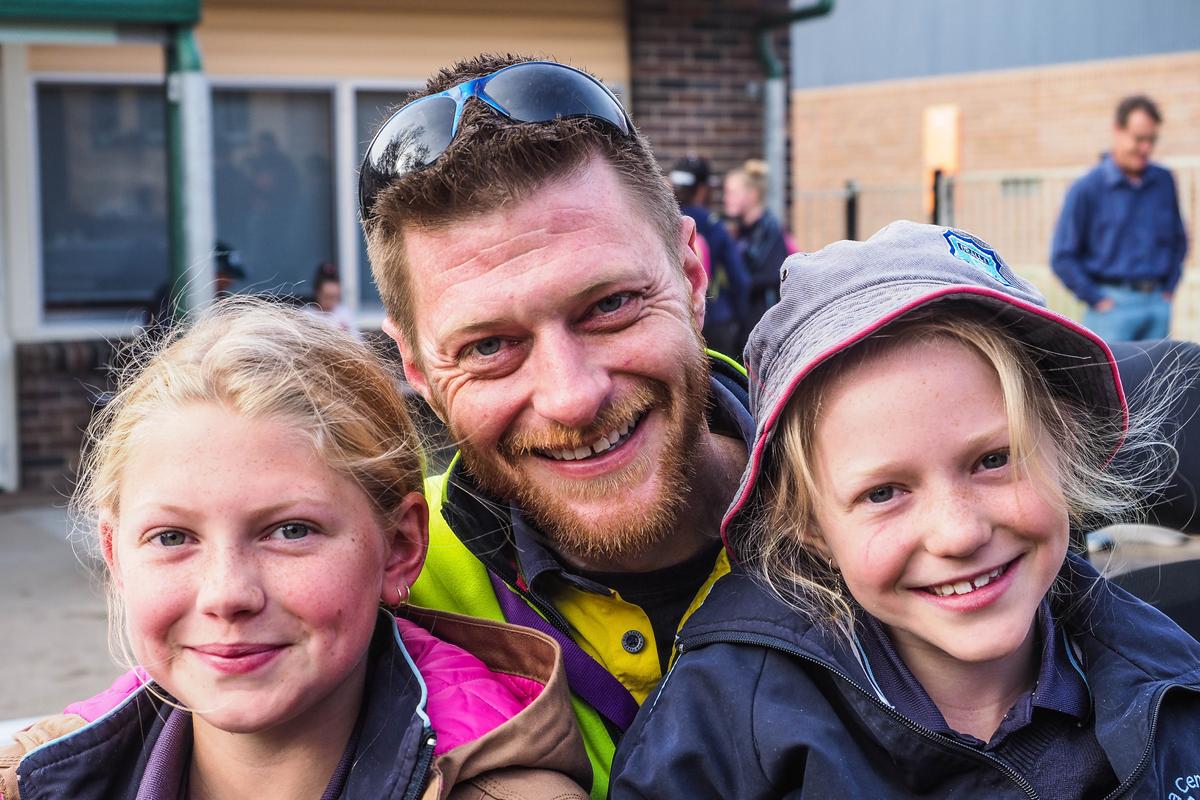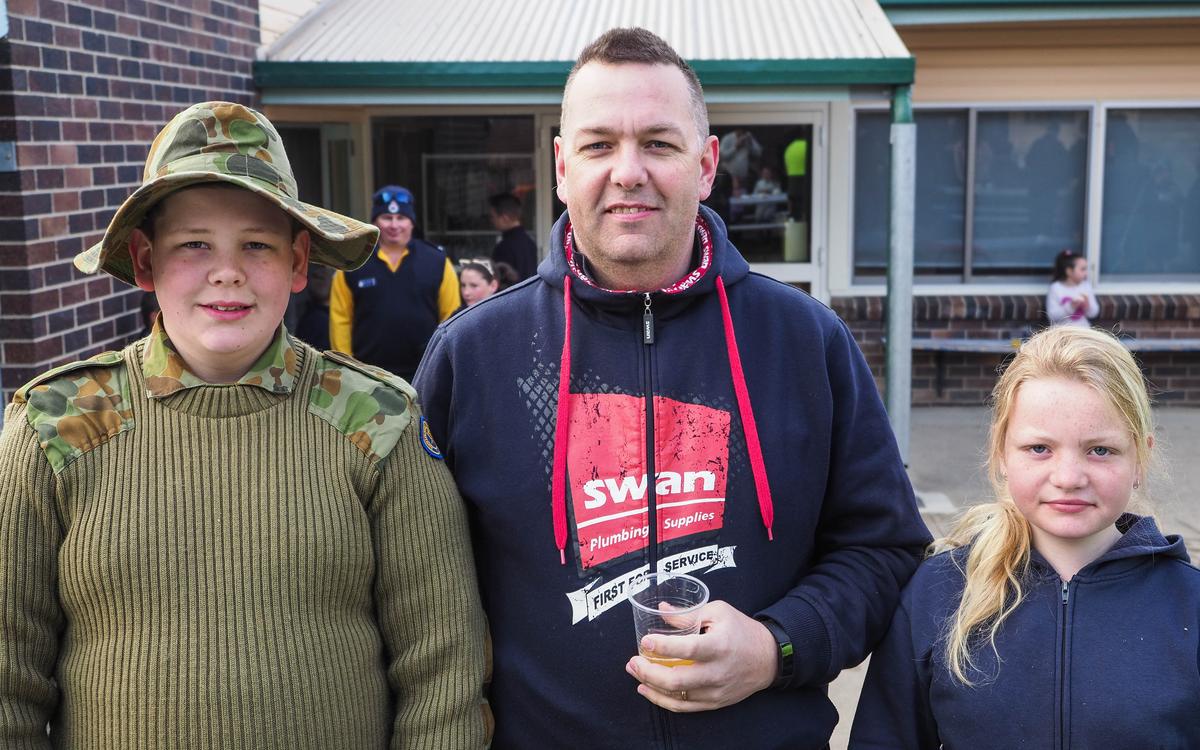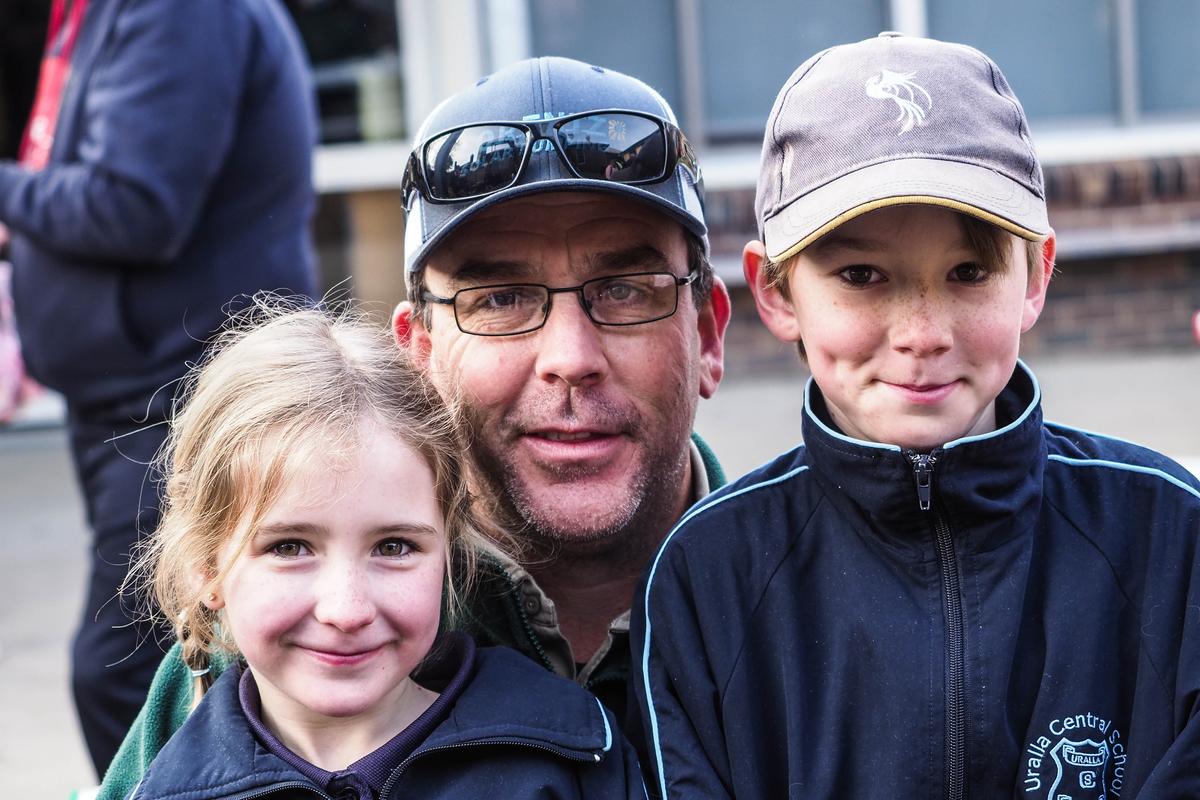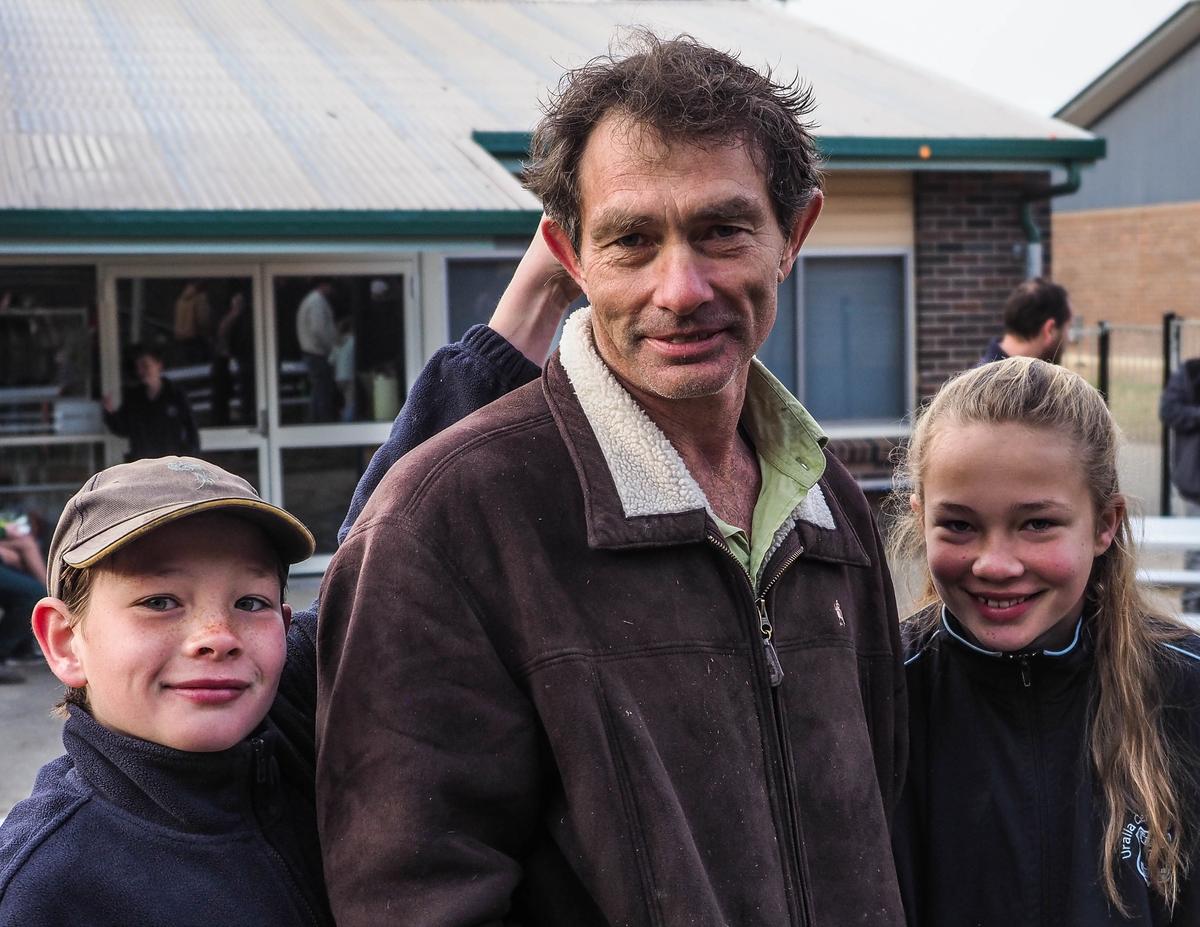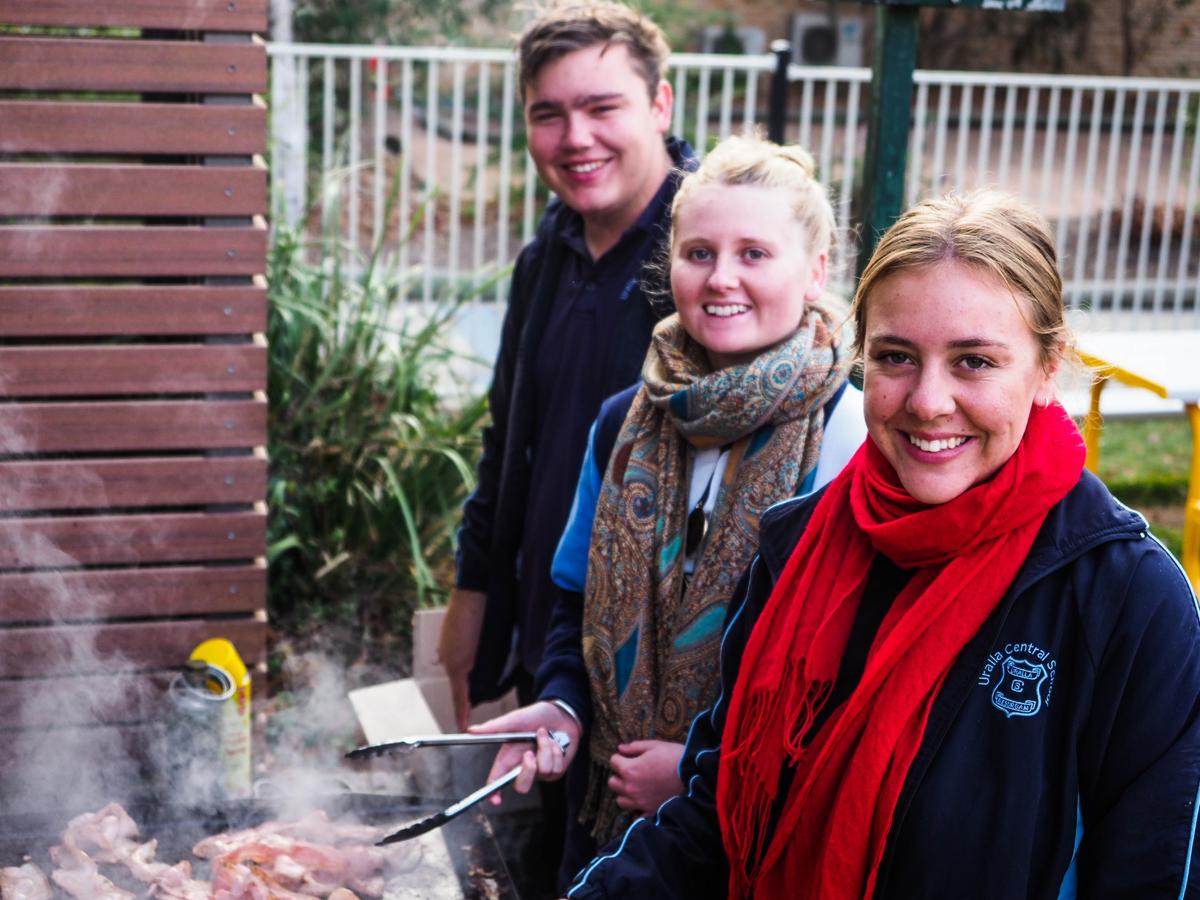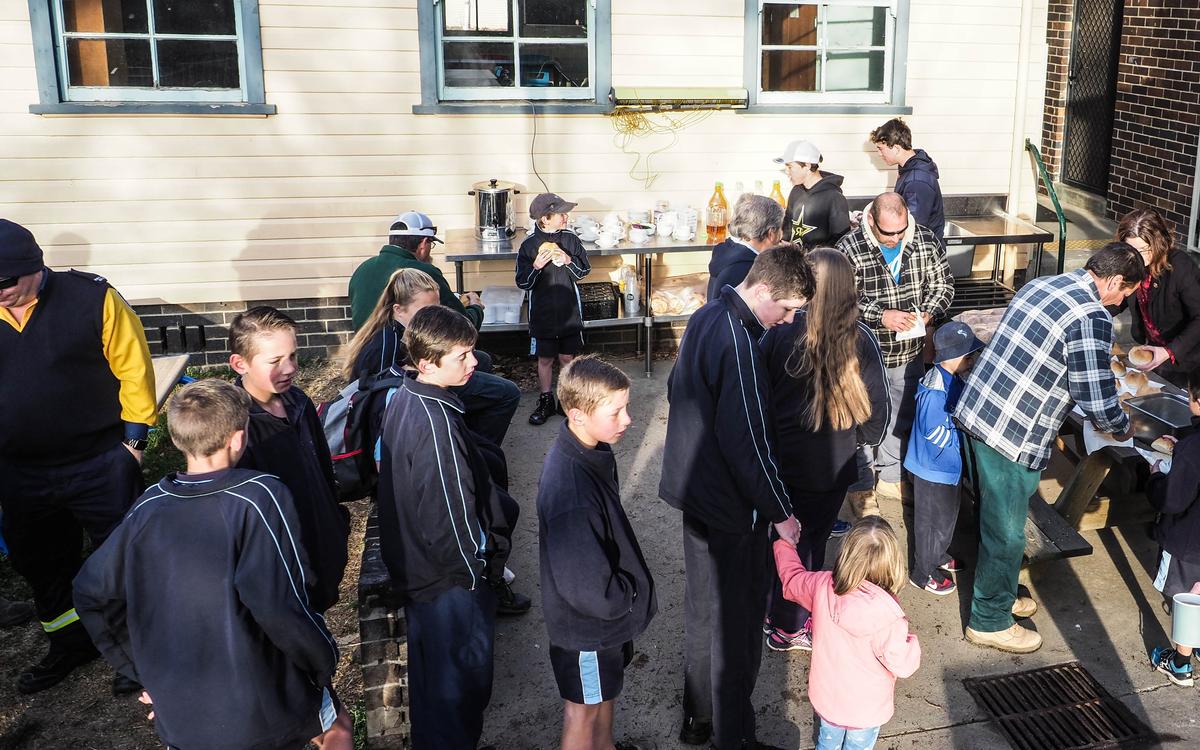The Fathering Project
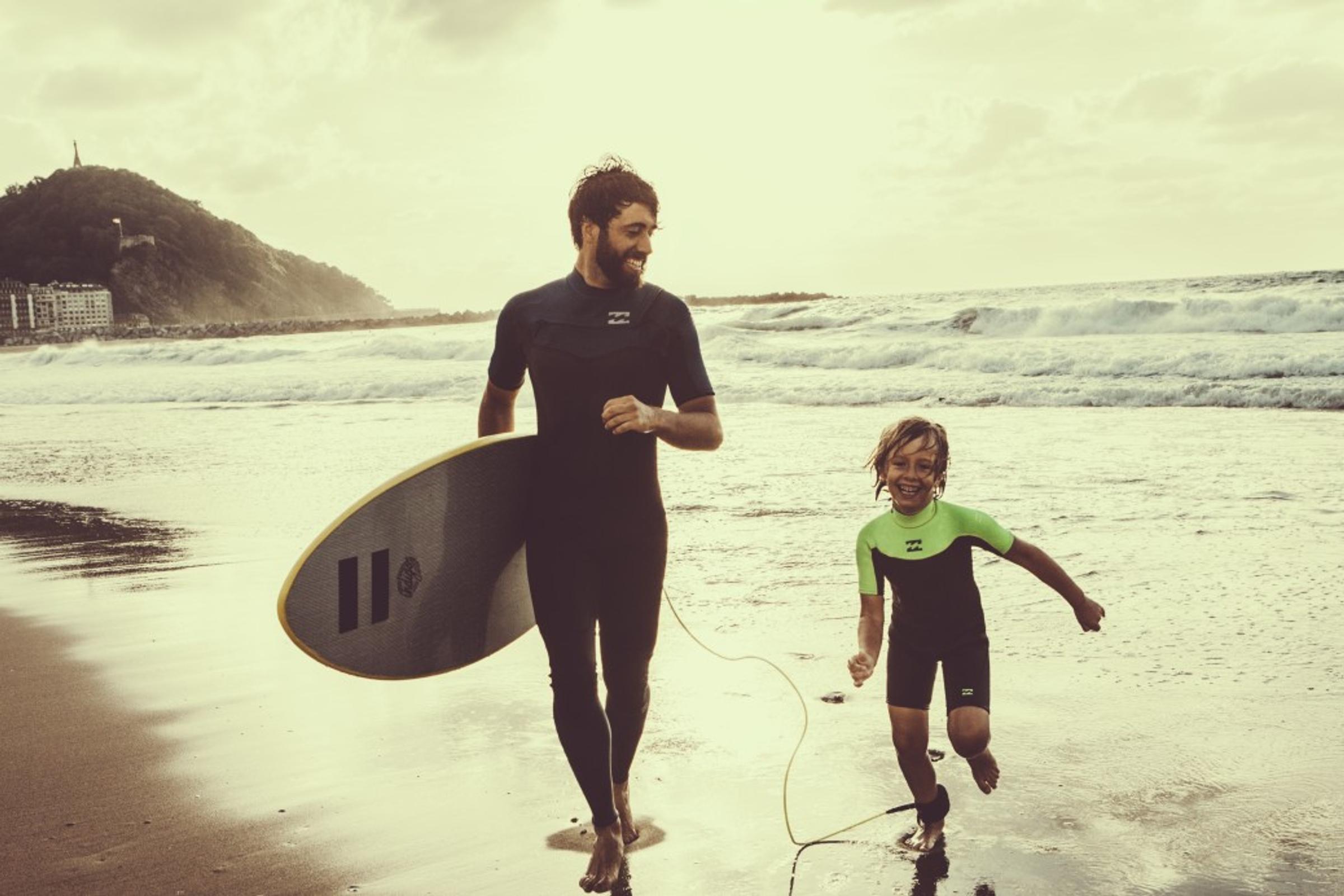
As Fathers and Father figures, it’s too easy to get lost in our other roles and forget what our first job is. Yet it’s the most important job we’ll ever do. Because what we do, or don’t do as Dads, has an enormous impact on the happiness and health of the kids we love.
The Fathering Project
The Fathering Project has been gaining momentum at Uralla Central School, and our latest event is indicative of the fact that the sense of pride in our community is strong. The Fathers Day Breakfast was a huge success, feeding in excess of 60 father figures and kids, with all food being sourced from the local community. While advantageous that the official launch of The Fathering Project coincided with Fathers Day, we will look at hosting more opportunities for fathers and kids to get together before the year finishes.
We at Uralla Central School believe that the more a parent/carer is involved in the lives of their kids, the greater the chance of success becomes; both in an educational setting, and in the wider community. If you wish to be more involved with The Fathering Project at Uralla Central School, follow the link below to sign up. We will be putting out information about our next event shortly and look forward to further developing this venture in our community.
https://thefatheringproject.org/dads-group/uralla-central-school/
If would like to know anymore information about The Fathering Project at Uralla Central school, contact Dylan Smith - Head of Wellbeing.
We shouldn’t underestimate the vast importance of fathers in children’s lives, not only because children ‘need and love their dads’ , but also because of the significant impact that fathers have on the social, cognitive, emotional and physical well-‐being of children from infancy to adolescence and with lasting influences into their adult life.
Dr Lisa Wood and Estee Lambin of The University of Western Australia -The Fathering Project
Impact of Fathers - Longitudinal Study of Australian Children
Effective fathers display warmth toward their child, believe in their ability to parent well, are able to reason with their child, are involved in their child’s life and parent well with their partner. Ineffective parents are over-protective, hostile toward their child, angry and have argumentative relationships with their partners. Each of these characteristics has a unique influence on a child’s health, social, emotional and academic outcomes.
The main findings of this report are:
- Fathers matter;
- Fathers self-efficacy and warmth in parenting are the most powerful predictors of children’s improved health, academic, social and emotional outcomes;
- The age and occupation of a father matters. Younger parents report more anger, hostility and over-protectiveness than older parents, yet were more consistent with their parenting and had fewer argumentative relationships. Men with trade and production occupations have on average, poorer fathering skills;
- Children who have a father or father figure live with them throughout their life have better learning outcomes, general health, emotional wellbeing and fewer problem behaviours;
- While mothers have a significant influence on their child’s health, academic, social and emotional outcomes, after accounting for this, fathers have a unique and diverse role in improving outcomes for their child;
- A father’s influence on their child’s outcomes becomes most prominent when children reach school age;
- Fathers who consistently parent well over time have children who perform better academically, socially, emotionally and enjoy better health and development.

